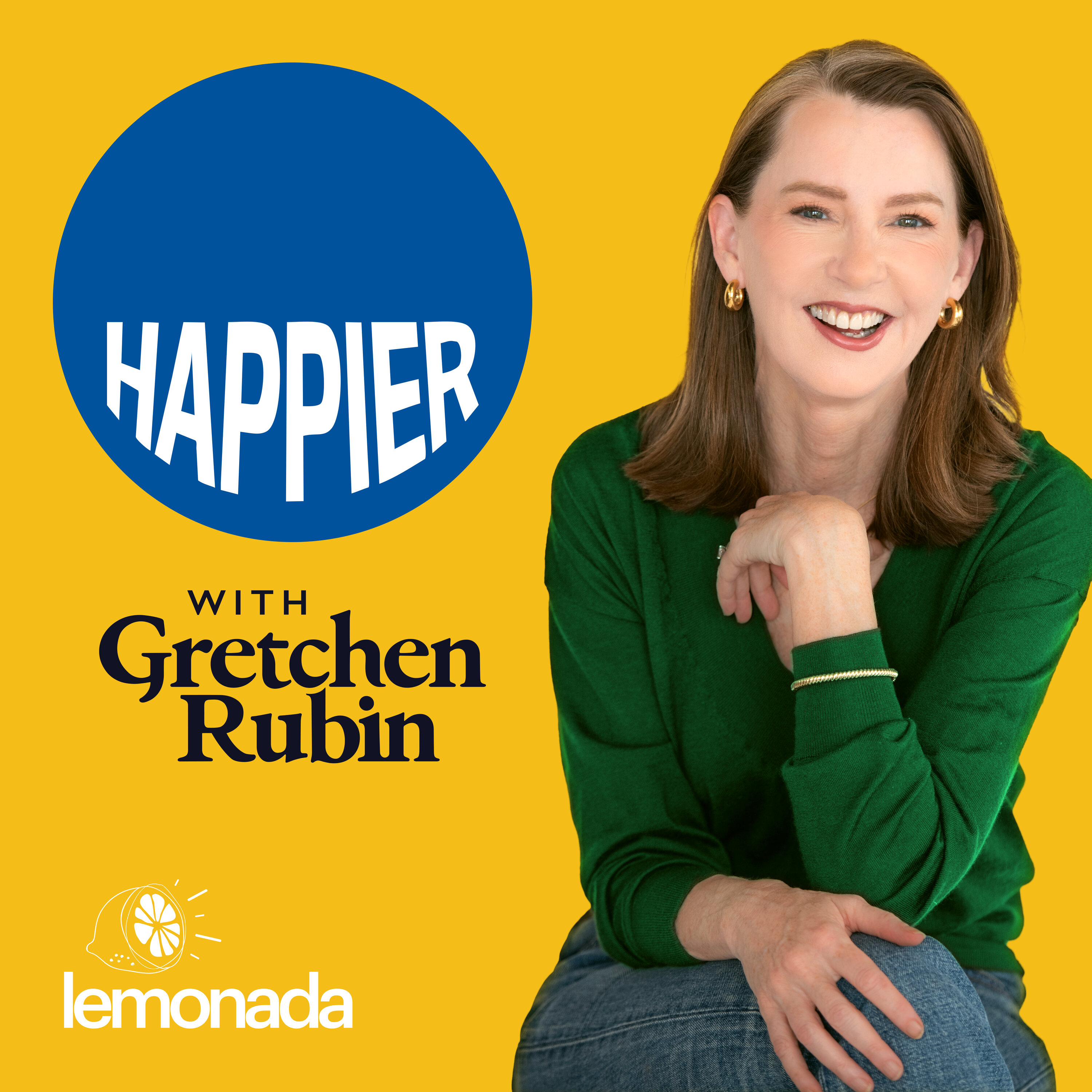
Back in Episode 59 of our podcast, Elizabeth and I talked about the value of giving yourself a lucky charm.
Relying on lucky charms is superstitious, but in fact, it actually works. Researchers have found that people who believe they have luck on their side feel greater “self-efficacy”—the belief that we’re capable of doing what we set out to do—and this belief actually boosts mental and physical performance. Many elite athletes, for instance, are deeply superstitious, and in one study, people who were told that a golf ball “has turned out to be a lucky ball” did better putting than people who weren’t told that.
Any discussion of superstition reminds me of this perhaps-apocryphal story, about physicist Niels Bohr. I love this story!
Most of us aren’t superstitious—but most of us are a littlestitious.
Thanks to my terrific sponsor: Squarespace. Start building your website and get your free trial today. Go to Squarespace.com, and enter the offer code “happier” to get 10% off your first purchase.
